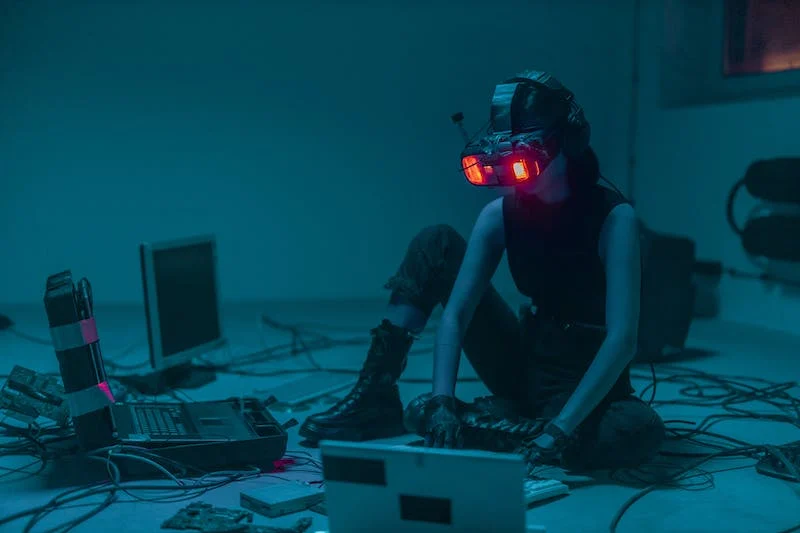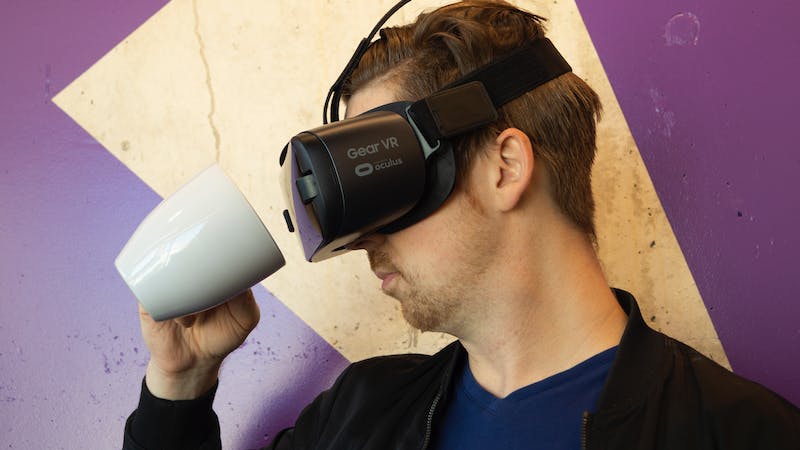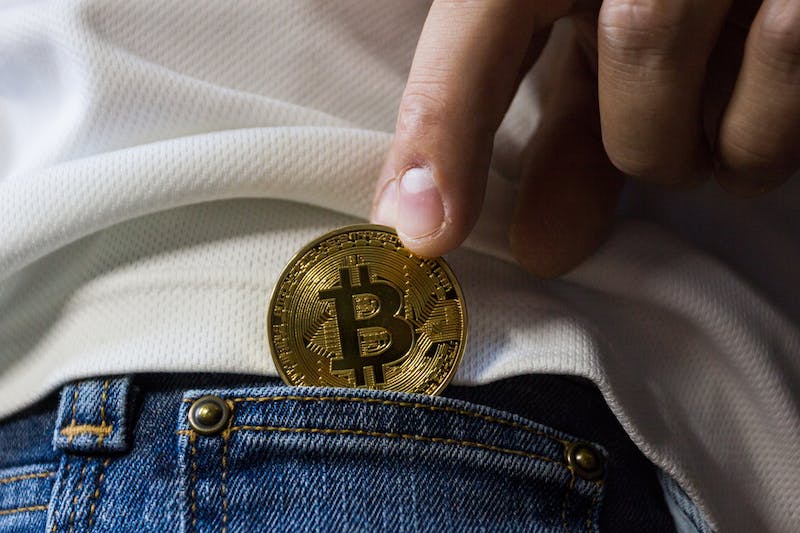What is a blockchain game?
A blockchain game is a type of video game that utilizes blockchain technology to enhance gameplay, provide ownership of in-game assets, and enable various forms of player interaction and economies. Blockchain is a decentralized and secure digital ledger technology that records transactions across a network of computers. When applied to gaming, it introduces several unique features and benefits:
- Ownership of Digital Assets: In traditional video games, players do not have true ownership of in-game items or assets. In blockchain games, players often have ownership of digital assets as non-fungible tokens (NFTs). These tokens are stored on a blockchain and can be bought, sold, or traded outside of the game. This concept is known as “play-to-earn,” where players can monetize their in-game items.
- Transparency and Security: Blockchain technology ensures transparency and security of in-game transactions and asset ownership. Every transaction and item’s history is recorded on the blockchain, making it resistant to fraud and cheating.
- Interoperability: Some blockchain games allow interoperability, meaning that assets and characters can be used across multiple games or platforms that support the same blockchain standards. This allows players to carry their assets from one game to another.
- Decentralized Economies: Blockchain games often have decentralized in-game economies, where players can earn cryptocurrency or in-game tokens through various activities, such as playing, trading, and contributing to the game’s ecosystem.
- Ownership of Game Rules: In some blockchain games, the rules and governance of the game are controlled by the community through decentralized autonomous organizations (DAOs). Players can have a say in the game’s development and direction.
- Scarcity and Rarity: Blockchain games often use scarcity and rarity to create unique and valuable in-game items. This scarcity is enforced by the limited supply of blockchain-based assets.
Popular blockchain platforms for gaming include Ethereum, Binance Smart Chain, and Flow. Games built on these platforms often use blockchain standards like ERC-721 or ERC-1155 for NFTs.
It’s important to note that while blockchain games offer innovative features, they also come with challenges such as scalability issues, high transaction fees, and environmental concerns due to the energy consumption of some blockchain networks. As a result, the blockchain gaming industry is still evolving, and the success of individual games may vary.

Global blockchain game case
As of my last knowledge update in September 2021, there were several notable global blockchain game cases that gained popularity and showcased the potential of blockchain technology in gaming. Since the industry evolves rapidly, it’s important to check for the latest developments beyond that date. Here are some global blockchain game cases up to that point:
- CryptoKitties: One of the earliest and most famous blockchain games, CryptoKitties is built on the Ethereum blockchain. It allows players to collect, breed, and trade unique virtual cats as NFTs. Each CryptoKitty is a unique digital asset with distinct attributes, and some have sold for significant amounts of cryptocurrency.
- Axie Infinity: Axie Infinity is a blockchain-based game where players collect, breed, and battle fantasy creatures called Axies. It gained massive popularity, especially in Southeast Asia, and players can earn cryptocurrency (AXS and SLP tokens) by participating in battles and various activities.
- Decentraland: Decentraland is a virtual world built on the Ethereum blockchain where players can buy, sell, and build on parcels of virtual land. It’s a decentralized metaverse where users have complete ownership of their digital assets and creations.
- The Sandbox: The Sandbox is another blockchain-based virtual world and game creation platform. Users can create, own, and monetize their gaming experiences using NFTs, and it has partnerships with well-known brands and IPs.
- Lost Relics: Lost Relics is an action-adventure RPG that utilizes blockchain technology for item ownership and trading. Players can own and trade in-game items as NFTs, providing a true sense of ownership.
- MyCryptoHeroes: MyCryptoHeroes is a blockchain-based role-playing game where players collect and battle historical heroes. It has an active community and in-game asset marketplace.
- NBA Top Shot: While not a traditional game, NBA Top Shot is a blockchain-based platform that allows users to buy, sell, and trade officially licensed NBA collectible highlights as NFTs. It has gained considerable attention from sports fans and collectors.
These cases demonstrate various ways in which blockchain technology is integrated into gaming, offering ownership, scarcity, and new economic opportunities for players. Keep in mind that the landscape of blockchain gaming is continually evolving, and new projects and innovations are emerging regularly. It’s advisable to stay updated with the latest developments in the industry for the most current information on global blockchain game cases.




